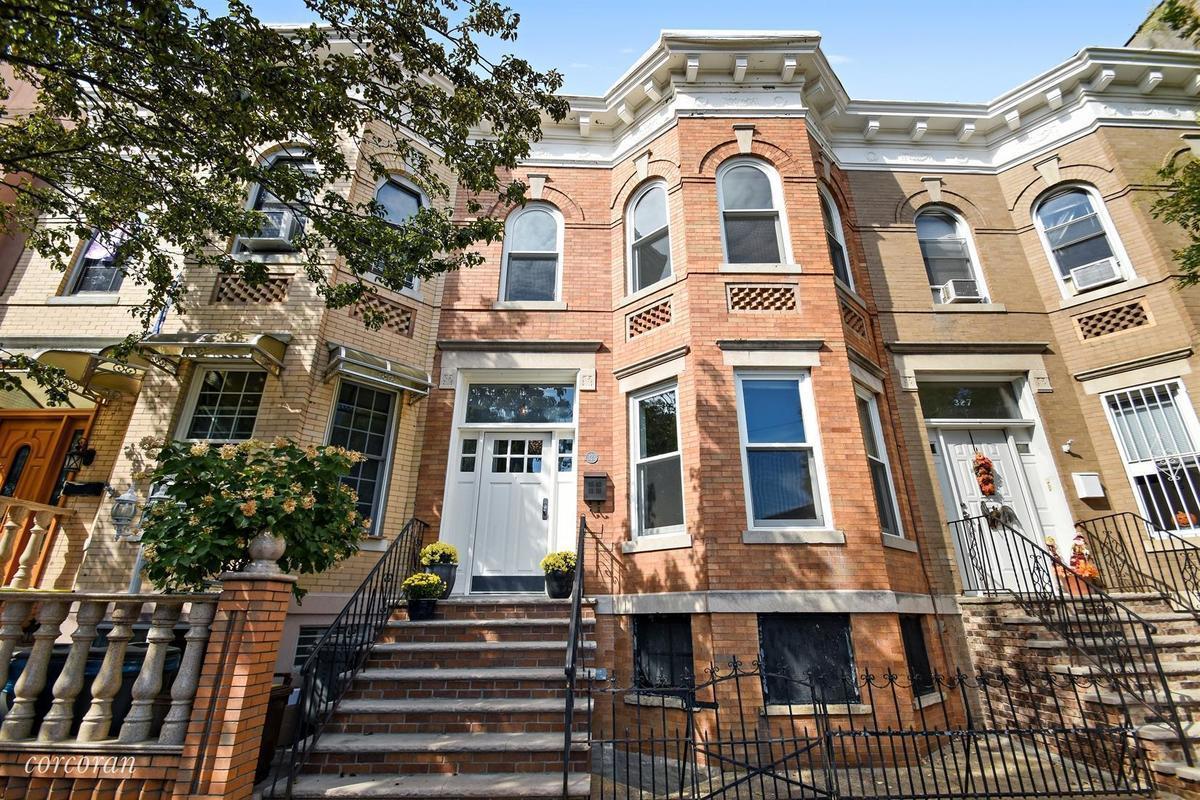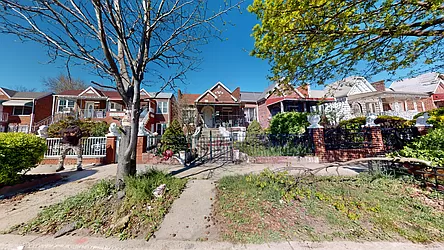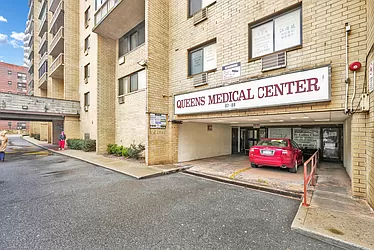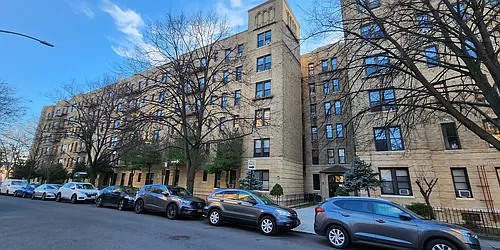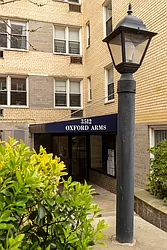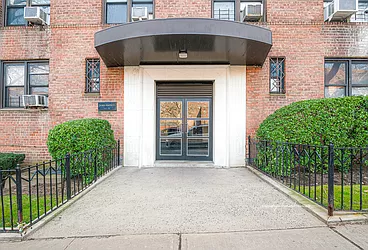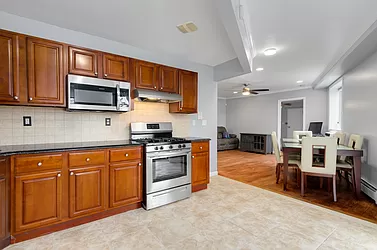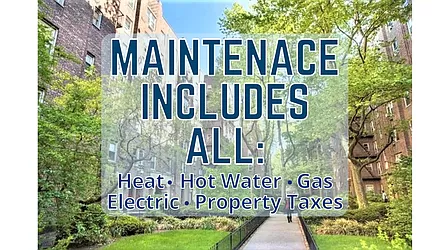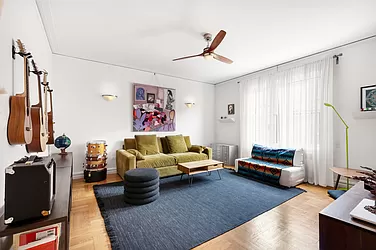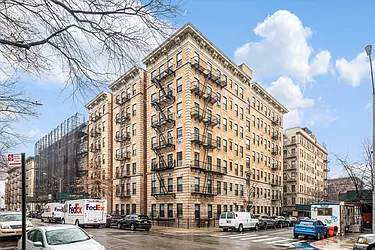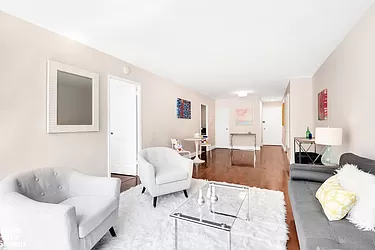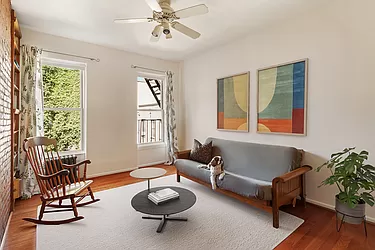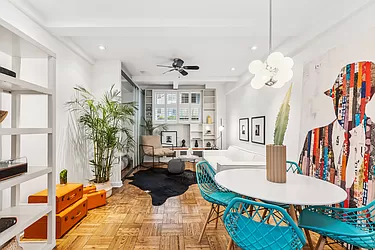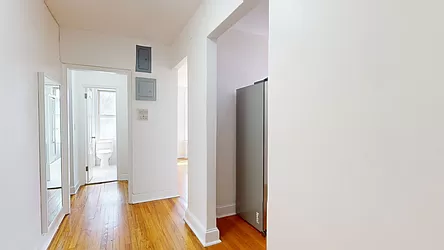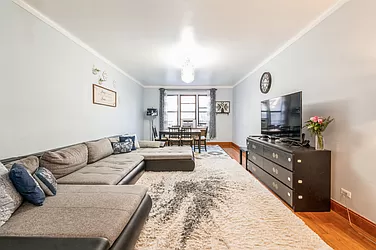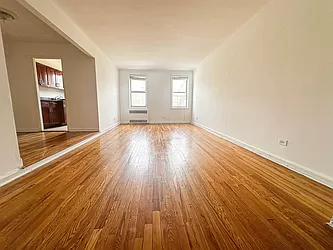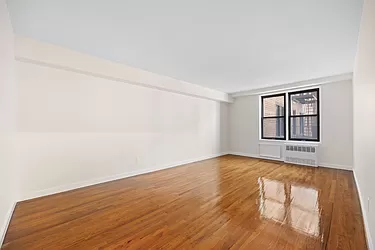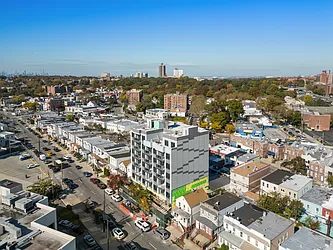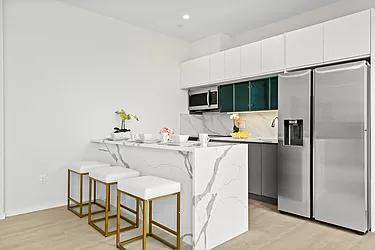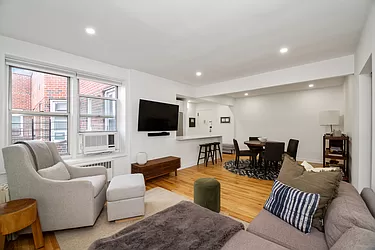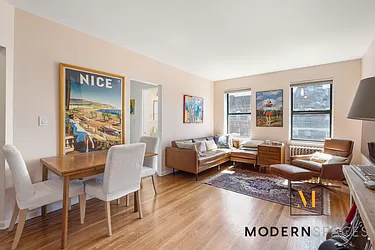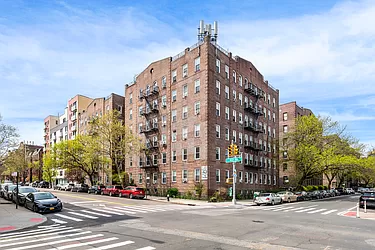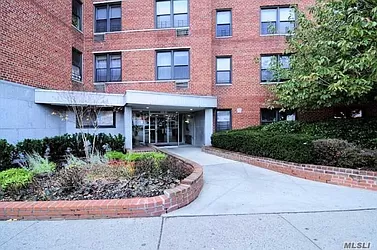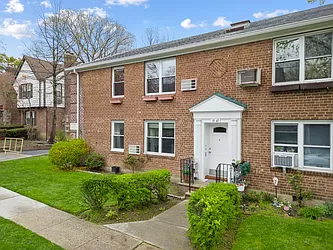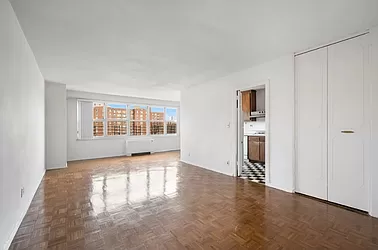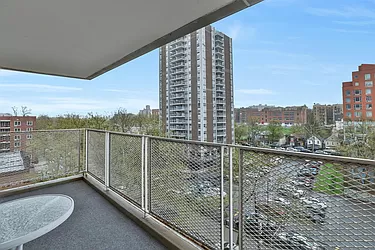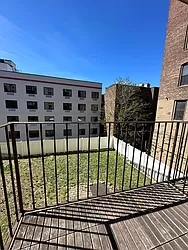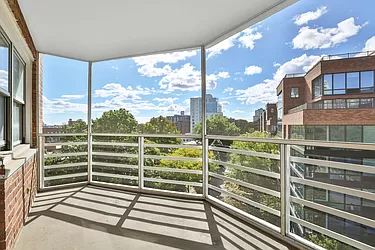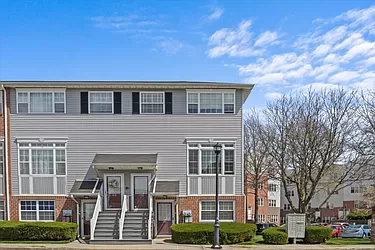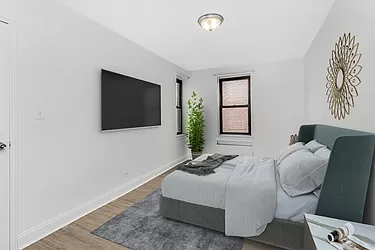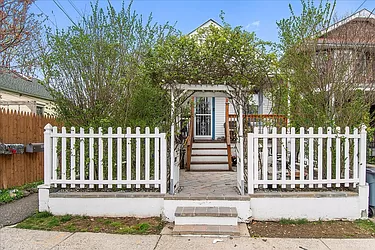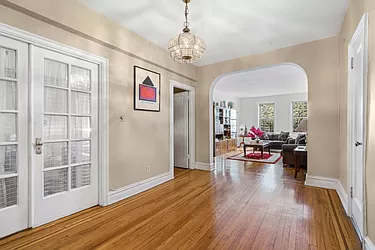So, you’re thinking about buying a place in New York City, but your credit isn’t all that great. Don’t let your weak credit score dash your homeownership dreams. Yes, purchasing a home with fair, poor, or bad credit complicates the process and makes it challenging — especially in a competitive real estate market. That’s because mortgage lenders typically required a score of at least 620 to qualify for a conventional loan. (That’s a mortgage loan that’s not backed or supported by a government agency.) But, even if you’re not close to that number, you’ve got options. Here’s what you need to know about bad credit home loans.
Brooklyn Homes Under $600K on StreetEasy Article continues below
Bad Credit Home Loans: What’s the Lowest Credit Score?
First, let’s decipher credit scores. The lowest number is 300, with the highest being 850. Scores above 700 fall in the good to great range. Scores over 800 are excellent. If that feels unattainable, you may find it reassuring to know that the average consumer falls between 600 to 750.
Now, back to bad credit home loans. If you look at all the lenders available, there is technically no minimum credit score for borrowing when it comes to home loans for New Yorkers. But, if you want to apply for a conventional loan, then the minimum credit score is 620 for a fixed-rate loan and 640 for an adjustable loan. With an FHA loan — a loan insured by the Federal Housing Administration — the score must be 580 or higher if you want to finance the maximum allowed. (The maximum allowed is based on your debt-to-income ratio.) That said, you can have a score as low as 500. But, many banks that offer FHA loans prefer or require a higher score.
Manhattan Homes Under $600K on StreetEasy Article continues below
So, does this mean you’re out of luck if you have a bad credit score? Nope. You could still get a loan, but it will cost you. “In general, the lower the credit score, the higher the interest rate — this is especially true if you are looking for maximum financing,” says Melissa Cohn, Executive Mortgage Banker at William Raveis Mortgage.
Why is that, you might be thinking? The lender considers the loan a higher risk — so your interest rate could be twice as high as someone with a better score. Also, more information is needed to process the loan usually.
“A common sense underwriting approach focuses on the reason for bad credit and not just the score alone,” says Richard Barenblatt, Mortgage Specialist at GuardHill Financial Corp. “An underwriter may approve the borrower after taking into account compensating factors or an acceptable explanation for a derogatory event. For example, unemployed with high medical expenses due to an illness.”
Are There Ways To Boost a Credit Score Quickly?
A credit score can take years to develop and therefore fix if it’s in poor standing. But there are some things you can do quickly to boost your odds of securing a better interest rate on your mortgage. FYI, a few points can make a difference when it comes to bad credit home loans. According to recent rate data from FICO, increasing your score from 639 to 640 could reduce your interest rate by 0.54%. To improve your credit score quickly, you need to do the following:
- Review Your Credit Report: “Dispute any late payments on your credit report,” says Cohn. “There are rules with regards to responding, and it is possible to get late payments removed.”
- Reduce Your Debt: Your debt-to-income ratio (DTI) is another major factor determining your interest rate. The lower your DTI and debt, the better chance you have of getting the best mortgage rate. So, try to “reduce your credit card debt to less than one-third of your available credit,” says Cohn.
- Get Collection Accounts Removed: “Sometimes you can negotiate to pay off an account in collections in exchange for removal from your credit report,” says Cohn.
- Get Added as an Authorized User on Someone Else’s Credit Card: Getting added as an additional user on a credit card from someone with good credit can help boost your score. “Piggy-backing off good credit will help someone to qualify for good interest rates while they build their own credit,” says Barenblatt.
- Make More Than the Minimum Payment Required: Credit utilization ratio — the ratio of your credit card balances to credit limits — makes up about 30% of your total credit score. So, reducing this number by paying more can increase your credit score.
Queens Homes Under $600K on StreetEasy Article continues below
Does Bad Credit Matter If You Can Make a Huge Down Payment?
The short answer is yes. Think of a mortgage as four legs of a chair: credit, income, assets, and collateral. Each leg must qualify separately. “Being able to make a large downpayment won’t negate the fact you have bad credit when it comes to bad credit home loans,” says Barenblatt. But it could help.
Most NYC mortgage lenders require a minimum of 20% down. Putting more down reduces the loan risk and makes it easier to get approved for a mortgage with bad credit. In addition, it shows your commitment to the property and lowers your loan-to-value ratio, making you look attractive to lenders. After all, the more money you put down or, the more equity you have, the less likely you will default. But, remember, a higher down payment won’t necessarily guarantee you a better interest rate.
Bronx Homes Under $600K on StreetEasy Article continues below
Other Ways Around a Bad Credit Score
What you could do is buy a house with a co-purchaser. A creditworthy co-signer not only improves your chances of being approved for a loan but may also help secure a better interest rate on your mortgage. But there are caveats.
The co-purchaser must be the sole borrower. If there are issues like missing a payment or, worse, defaulting, both you and your co-signer will suffer the consequences. Plus, both parties will have to be present for the board interview if it’s a co-op. That said, you may be better off staying in your rental and focusing on shoring up your finances. And that’s okay because there are many things to learn in the meantime, for example, how to get a mortgage for a co-op or condo.
